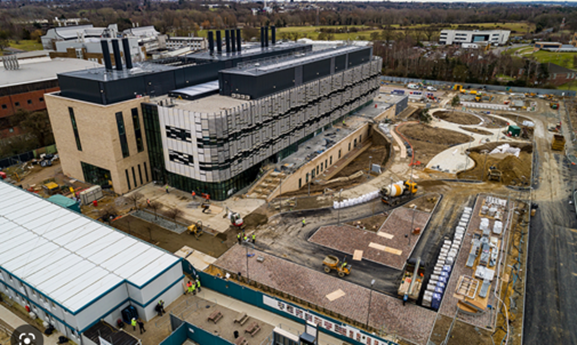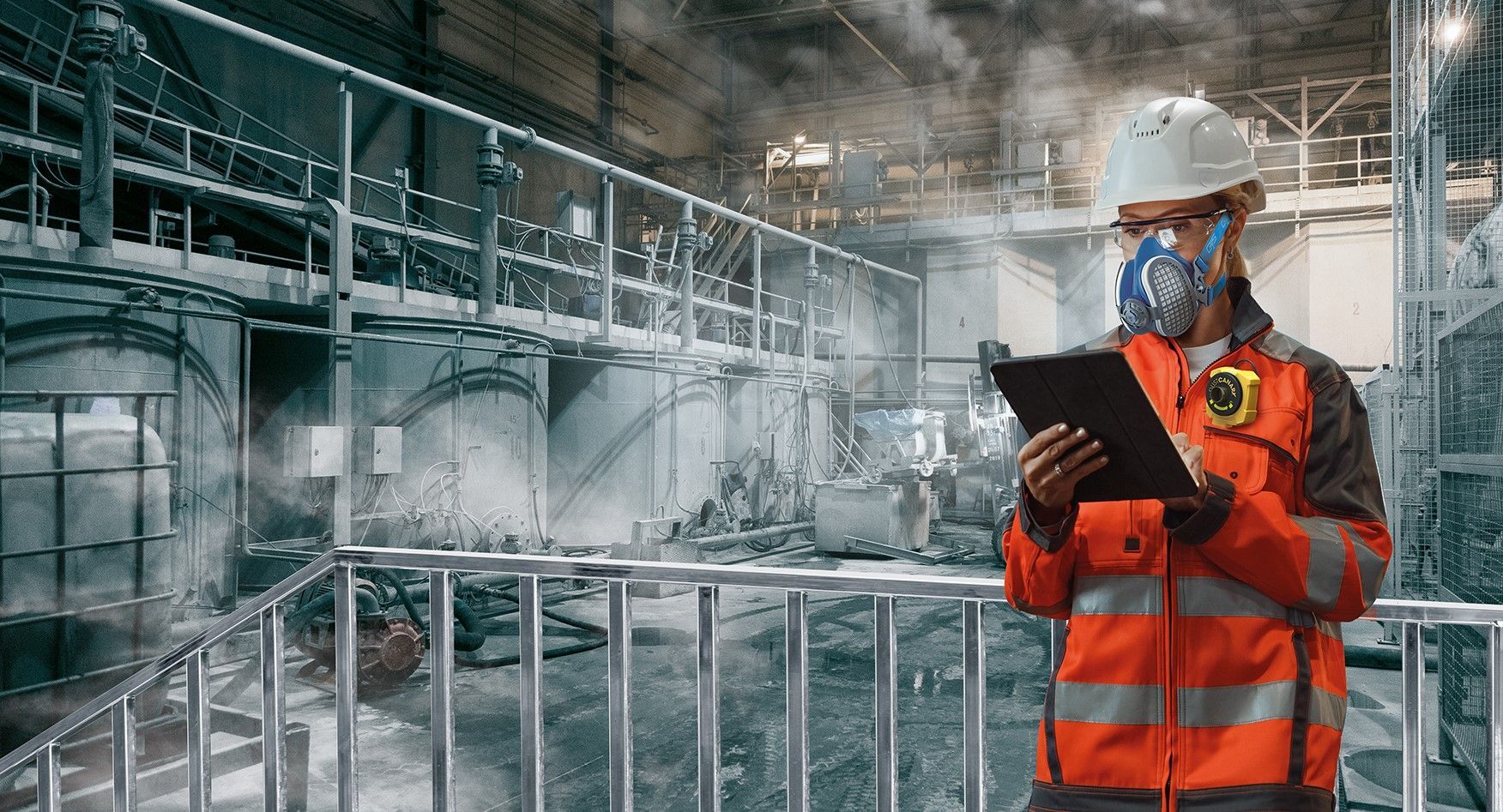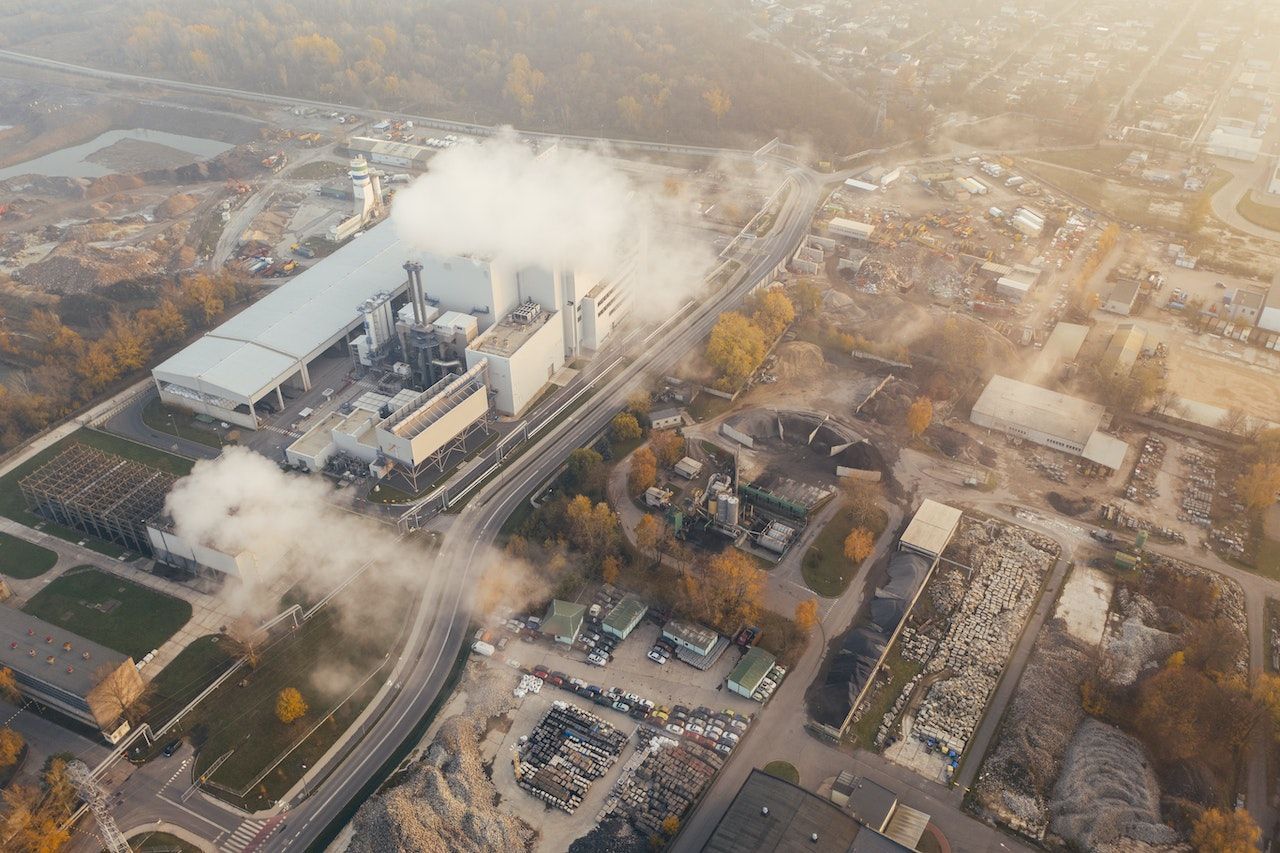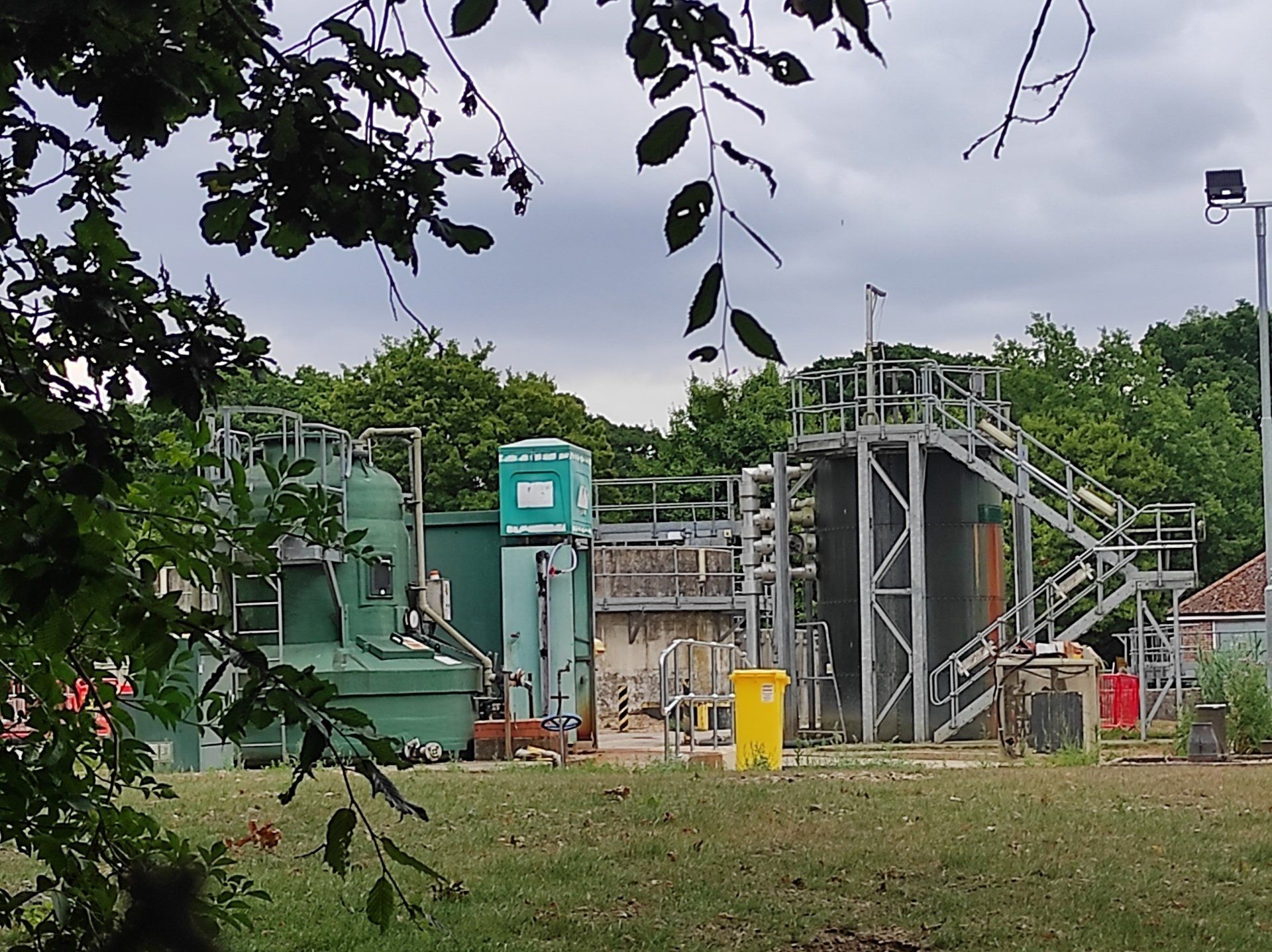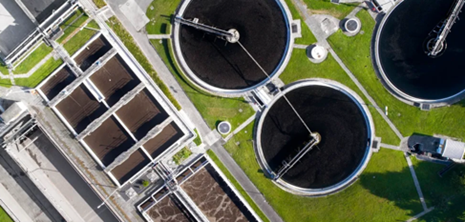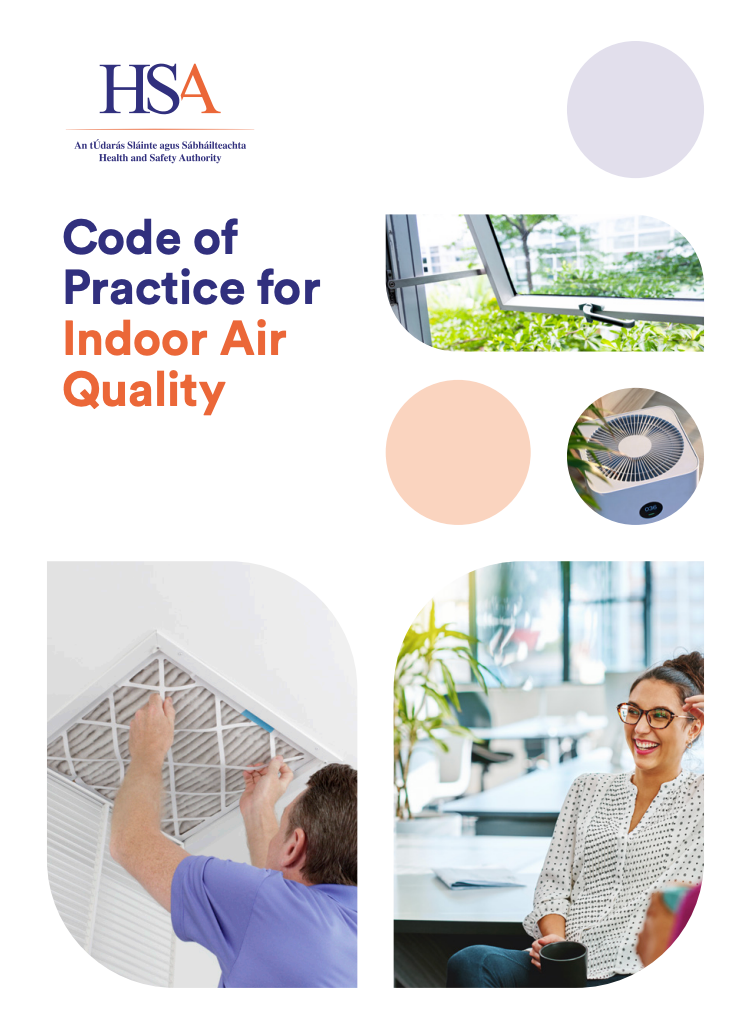Air Quality Assessment for Planning
Air Quality Planning
In the UK, there is a strong emphasis on planning guidance and legislation concerning air quality impacts, requiring developers to meet increasingly stringent standards under the UK Plan. As local authorities work to achieve their air quality targets, developers must take proactive steps to minimise environmental impact.
An air quality management assessment helps establish a baseline of local air quality and evaluates the potential impact of a proposed development. This assessment plays a vital role in the planning process, determining the suitability of the project. Avoid costly planning delays by incorporating Ultra Protect’s air quality assessment planning.
Nationwide Air Quality Assessment Planning
Our Air Quality consultants work throughout Southern England and the UK, with a team of fully qualified Air Quality specialists on hand to complete assessments and advice. Our clients include Planning Consultants, Architects, Local Authorities and the Environment Agency, the NHS, Schools and Universities, Major Developers, as well as the general public.
Whether your project involves a large-scale commercial or office development or a residential scheme, our consultants help you from pre-planning to construction all the way through to occupancy.
A Typical Process For Air Quality Assessment For Planning Involves:
- Identifying relevant local, regional and national policies.
- Establishing baseline conditions (including site specific monitoring as appropriate).
- Screening the need for a detailed air quality assessment.
- Carrying out a detailed Air Quality assessment if required.
- Assessment of cumulative impacts as appropriate.
- Assessment of residential suitability as appropriate.
- Construction dust assessment, and management plan, if required.
- Identifying site specific construction and operational mitigation measures.
Regulatory Guidance for Noise Mitigation Planning
Your Noise Acoustic Assessment will include:
- Up to two site visits as standard.
- Noise monitoring at designated areas.
- Analysis of noise data using industry leading software with calibrated and certificated equipment.
- A full acoustic technical report.
- Recommended mitigation measures, if necessary.
- Liaison with the local authority, as appropriate.
Contact Us to Discuss Your Pre-Planning Air, Odour and Noise Assessments
Make sure your planned development and environment are suitable for each other. Understand the air quality for your local area and the potential impact of your development with our air quality assessments. With our reliable and accurate air quality analysis, you can develop air quality management plans to meet legislative requirements and avoid delays in the planning permission process.
Learn more and get started today. Get in touch with an air quality expert below.
Contact Us
Air Quality Management Assessment FAQ
Got a question? We’re here to help.



